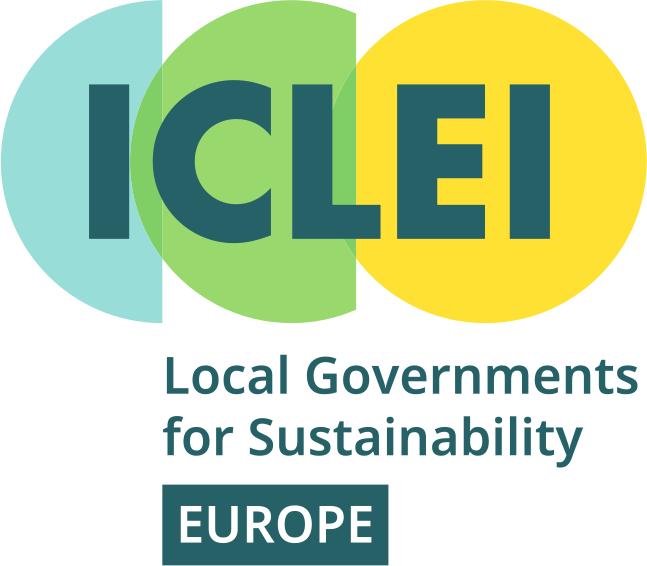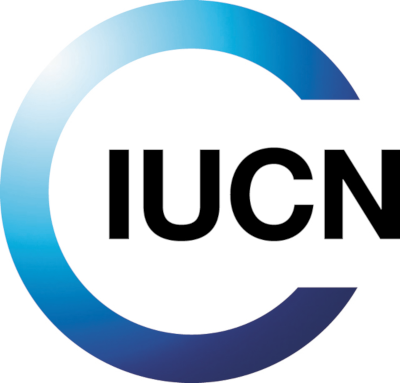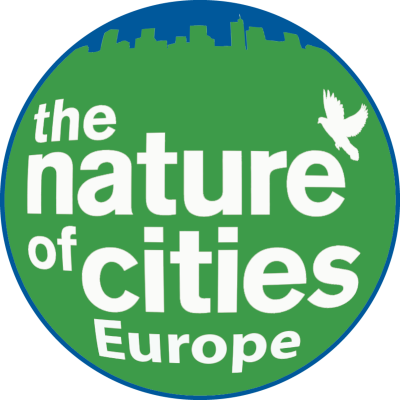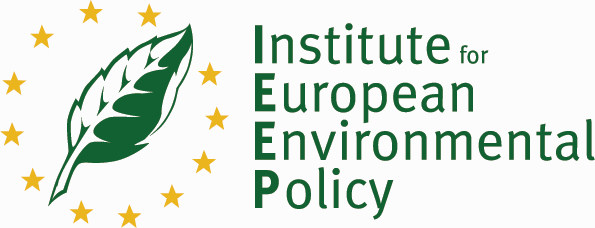
Resource description:
This report examines the scope for future EU China collaboration on Nature Based Solutions (NbS). In the original call for “demonstrating innovative nature based solutions in cities” (H2020-SCC-2016-2017) the call made reference to the EU-China Sustainable Urbanisation Partnership and the EU-China Innovation dialogue and the aspiration of the creation of a “global market for nature-based solutions”. In 2017, GrowGreen was one of the projects approved in this call and the original project proposal included a report on the feasibility of establishing an EU China NbS platform.
To this end, the report determines the benefits and challenges of the collaboration to date and identifies the key ingredients of continued successful collaboration.
The two key benefits of EU and Chinese partners involved in the two waves of H2020 NbS projects are knowledge and information. This has been achieved by a range of means including site visits (pre- Covid) webinars, journals, videos, podcasts and a MOOC (Massive Open On-Line Course).
The main challenges cited are language, time, culture and differences in political, decision making and endorsement processes. Pre-COVID-19 travel costs and time were in themselves a challenge to collaboration but could be overcome with adequate resources. However, since the outbreak of the pandemic in January 2020, the opportunities to travel to and from China have been extremely limited and continue to be so at the time of writing.
Critical success factors for continued collaboration on NbS include ensuring the correct strategic fit so that funding can be secured and a quadruple helix of representatives from government, academia, industry and local citizens. In terms communicating with Chinese partners, a core partner who is impactful in the local community such as a local university is extremely useful a project consortium.
In conclusion, there has been a great deal of effective collaboration on NbS between China and the EU since 2017. The most effective way of sustaining this is by including funded Chinese partners in project consortia and sustaining current networks such as UbN1 and IURC2 along with existing platforms such as Regreen and Oppla. This would allow stakeholder relationships to be further enhanced and expanded rather than funding the development costs of new networks and platforms yet to be developed.
Global goals:
-
6. Clean water and sanitation
-
11. Sustainable cities and communities
-
13. Climate action
-
15. Life on land
-
17. Partnerships for the goals
Licence:
- Free, no licence
- EU-China Collaboration in GrowGreen (401.04 KB)











